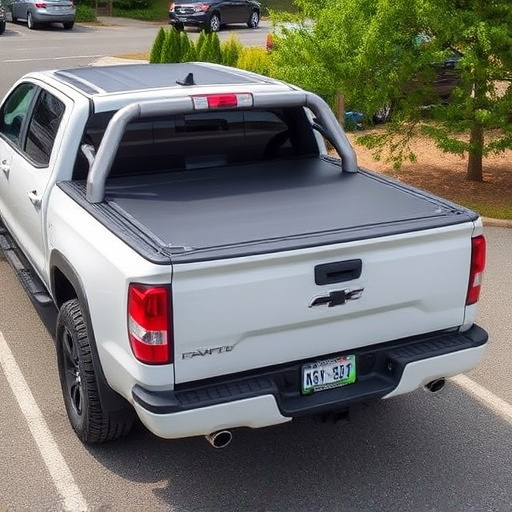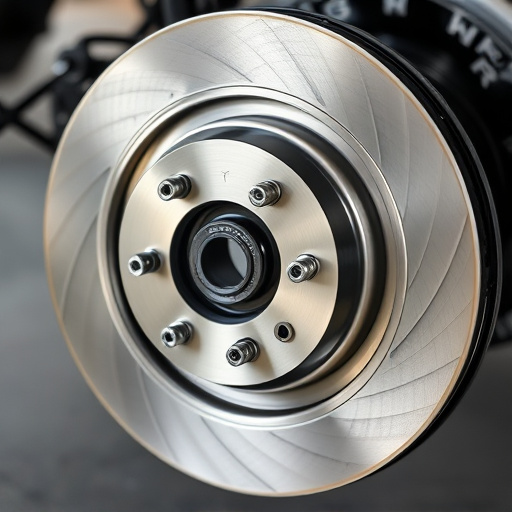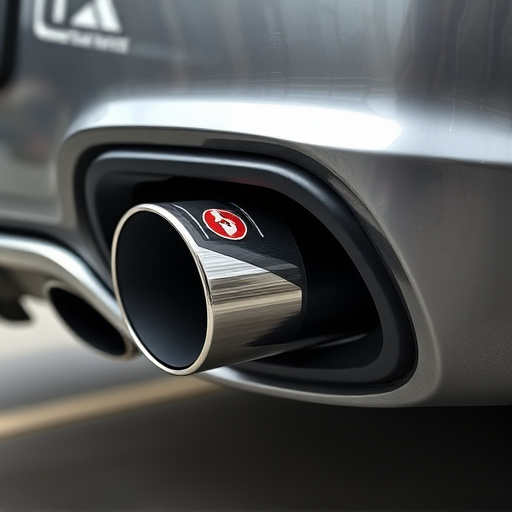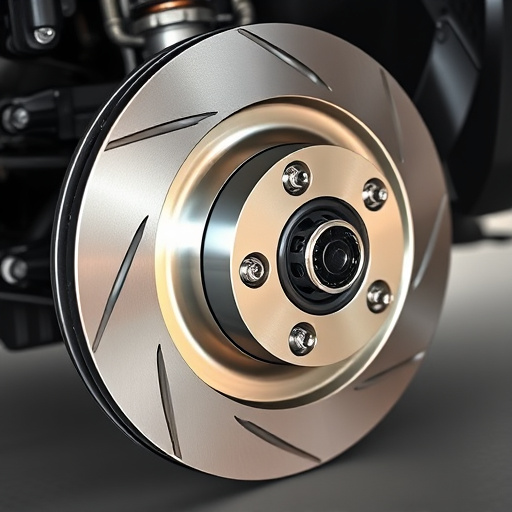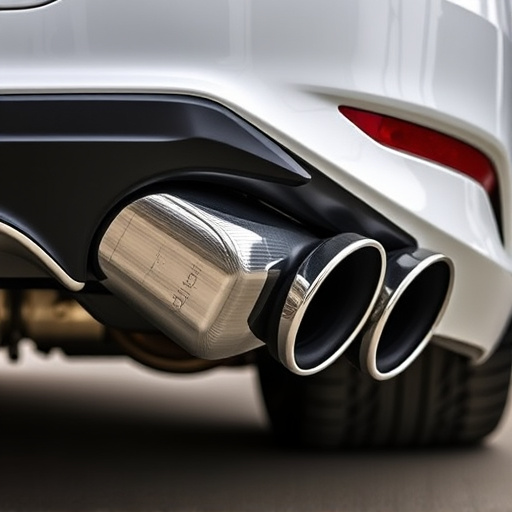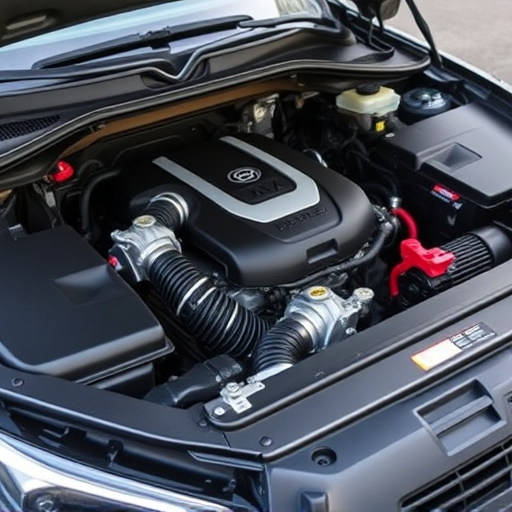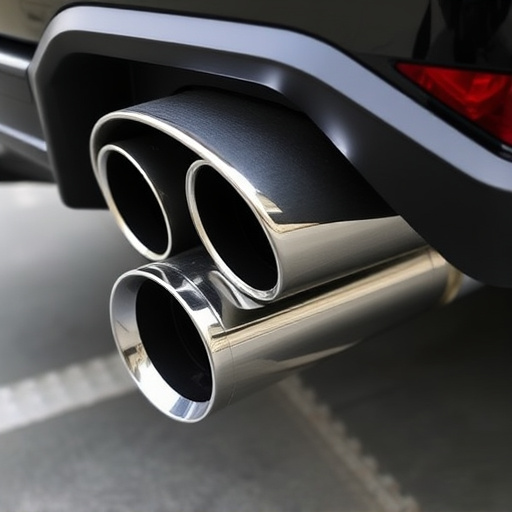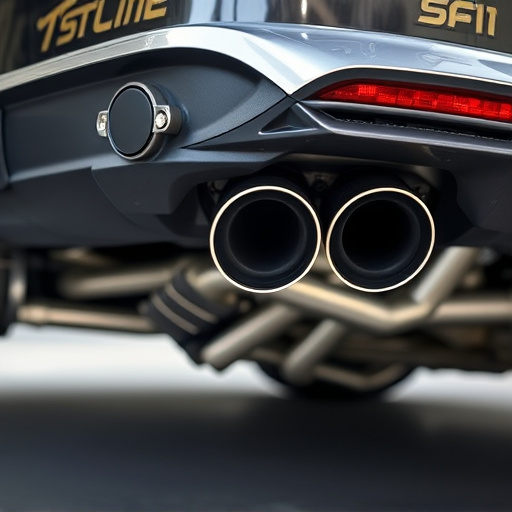Dry air filters are a must-have upgrade for vehicle owners seeking improved performance and engine health. They use advanced materials to trap contaminants, enhancing airflow efficiency without restricting intake. Benefits include increased horsepower, better fuel combustion, reduced emissions, and protection from debris damage. When selecting a dry air filter, ensure compatibility with your vehicle's intake system for optimal performance. Available in various types, these filters cater to specific needs like improved gas mileage or engine responsiveness. Consider installation ease, especially if you have aftermarket modifications.
“Discover the transformative power of dry air filters in enhancing your vehicle’s performance. This comprehensive guide explores the essential role these filters play in improving engine efficiency and reducing wear. We delve into compatibility concerns, ensuring seamless integration with both stock and aftermarket intakes. Furthermore, we categorize the various types of dry air filters available, empowering you to make an informed choice for your specific application.”
- Understanding Dry Air Filters: Their Role and Benefits
- Compatibility: Ensuring Seamless Integration with Stock and Aftermarket Intakes
- Types of Dry Air Filters: Options for Every Application
Understanding Dry Air Filters: Their Role and Benefits
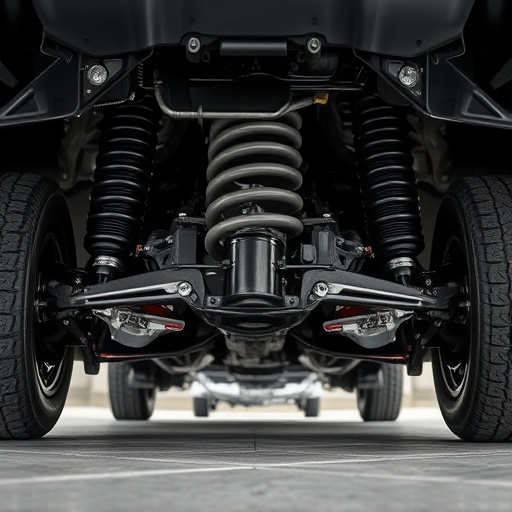
Dry air filters are an essential component in any vehicle’s intake system, playing a crucial role in enhancing performance and maintaining optimal engine health. Unlike traditional wet air filters that rely on oil and fiberglass to trap contaminants, dry air filters utilize advanced materials like synthetic media or carbon fiber to capture dust, dirt, pollen, and other airborne particles. This design allows for greater airflow efficiency, as dry air filters do not add resistance to the intake stream, promoting better engine breathing and resulting in increased horsepower and torque.
The benefits of using dry air filters extend beyond improved performance. By filtering out fine particulate matter, these filters contribute to enhanced fuel combustion, leading to cleaner emissions and better overall engine efficiency. Moreover, they can help protect crucial suspension components and brake rotors from debris-related damage, ensuring their longevity. With a dry air filter, vehicle owners can enjoy smoother driving experiences, superior engine protection, and peace of mind knowing that their intake system is operating at peak condition.
Compatibility: Ensuring Seamless Integration with Stock and Aftermarket Intakes
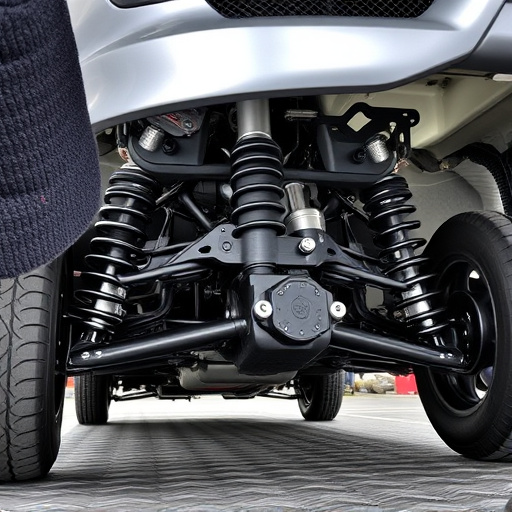
When choosing a dry air filter, compatibility is key to ensuring optimal performance and seamless integration with your vehicle’s intake system. The best filters are designed to fit both stock intakes and aftermarket setups, catering to a wide range of drivers. Compatibility means the filter can be easily installed without modifications, ensuring your vehicle maintains its original airflow characteristics.
This versatility is crucial for those who have upgraded their exhaust systems with performance parts like cat-back exhausts or invested in high-performance brakes, which often require enhanced cooling and air intake. A compatible dry air filter complements these upgrades by providing clean, dry air to the engine, maximizing efficiency and power delivery, without creating any compatibility issues.
Types of Dry Air Filters: Options for Every Application
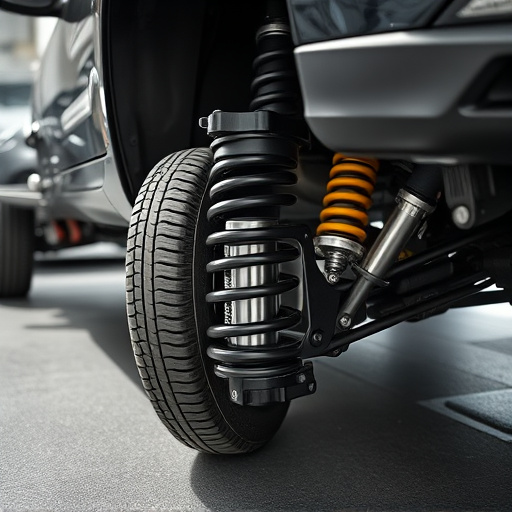
Dry air filters come in a variety of types, each designed to cater to specific needs and applications. For those looking to enhance their vehicle’s performance without significantly altering its existing setup, a simple dry air filter replacement can make a notable difference. These filters are compatible with both stock intakes and aftermarket modifications, ensuring that drivers can achieve optimal engine breathing regardless of their configuration.
When considering a dry air filter, it’s essential to select an option that aligns with your vehicle’s requirements. Whether you’re focusing on improving gas mileage, enhancing engine responsiveness, or preparing for high-performance driving, there’s a filter tailored for these purposes. For instance, some filters prioritize airflow efficiency for better fuel economy, while others emphasize flow restrictions to boost engine power and torque. Additionally, certain dry air filters are designed for ease of installation, requiring no modifications to your vehicle’s intake system, even when paired with suspension kits or high-performance brake pads.
Dry air filters are a smart choice for vehicle owners looking to enhance performance and maintain optimal engine health. With their ability to trap contaminants while allowing air to flow freely, these filters ensure your engine receives clean, dry air, leading to improved efficiency. Moreover, the compatibility with both stock and aftermarket intakes makes them a versatile option. Whether you’re enhancing your car’s performance or simply maintaining its health, investing in a high-quality dry air filter is a valuable step towards achieving better engine functionality.







